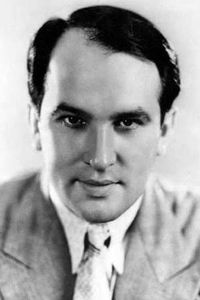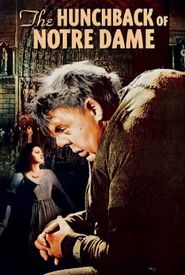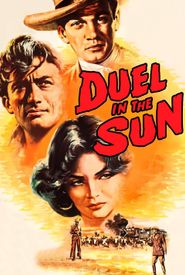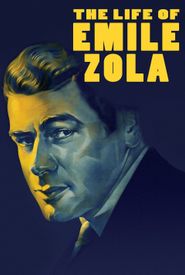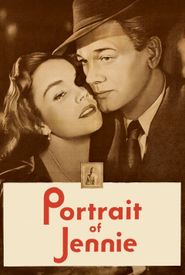Here is the biography of Wilhelm Dieterle:
Wilhelm Dieterle was born in Ludwigshafen, Germany, the youngest of nine children. He grew up in poverty and began working as a carpenter and scrap dealer to support his family. However, his dream was to pursue a career in theater, and by the age of 16, he had joined a traveling theater company.
Dieterle's talent and good looks soon earned him leading romantic roles in theater productions. He began acting in films in 1913, but it wasn't until 1920 that he became a popular and successful romantic lead and featured character actor in German cinema.
In 1923, Dieterle started directing films, with his first female lead being the iconic Marlene Dietrich. He also founded his own film production company with his wife, Charlotte Hagenbruch. Over the course of his career, Dieterle appeared in nearly 50 films, mostly in the 1920s, and often directed himself.
In 1930, Dieterle emigrated to the United States, where he was rechristened William Dieterle. He was offered a contract by Warner Brothers to direct their German-language versions of popular hits for the German market. He quickly adapted to Hollywood filmmaking and was soon directing regular films for the studio.
Dieterle's early Hollywood films were highly acclaimed, including "The Last Flight" (1931),which is now regarded as a masterwork. He went on to direct numerous films, including "The Story of Louis Pasteur" (1936),"The Life of Emile Zola" (1937),and "Juarez" (1939),all of which received Oscar nominations.
Throughout the 1940s, Dieterle continued to work with major studios, directing films such as "I'll Be Seeing You" (1944) and "Duel in the Sun" (1946). He also collaborated with independent producer David O. Selznick and actor Joseph Cotten on several films, including "Love Letters" (1945) and "Portrait of Jennie" (1948).
In the 1950s, Dieterle's output slowed due to the impact of McCarthyism, but he continued to work with Joseph Cotten on a few more films. In 1958, he returned to Germany and directed a few films before retiring in 1965.
Despite not being as well-known as some of his European contemporaries, Dieterle's artistic style and work ethic earned him a reputation as a talented and influential director.
